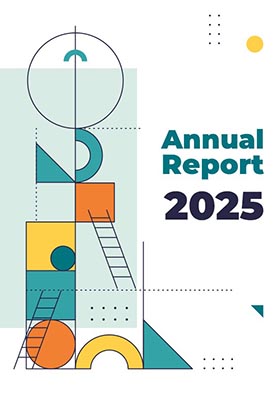Field of Research: Cancer Research
Name of author) (s): Einav Ratzon, Yousef Najajreh, Rami Salem, Hazem Khamaisie, Martin Ruthardt and Jamal Mahajna
Title of published work: “Platinum (IV)-fatty acid conjugates overcome inherently and acquired Cisplatin resistant cancer cell lines: an in-vitro study”
Name of Journal: Bio Med central
Year: 2016
Volume: N/A
Pages: 2-11
Publisher: N/A
Abstract:
Background: Platinum-based drugs are used as cancer chemotherapeutics for the last 40 years. However, drug resistance and nephrotoxicity are the major limitations of the use of platinum-based compounds in cancer therapy. Platinum (IV) complexes are believed to act as platinum prodrugs and are able to overcome some of platinum (II) limitations. Methods: A number of previously sensitized platinum (IV) complexes were evaluated for their anti-cancer activity by monitoring ability to affect proliferation, clonigenicity and apoptosis induction of Cisplatin sensitive and resistant cancer cells. In addition, the uptake of Cisplatin and the platinum (IV) derivatives to Cisplatin sensitive and resistant cancer cells was monitored. Results: The bis-octanoatoplatinum (IV) complex (RJY13), a Cisplatin derivative with octanoate as axial ligand, exhibited strong anti-proliferative effect on the Cisplatin resistant and sensitive ovarian cells, A2780cisR and A2780, respectively. Moreover, RJY13 exhibited good activity in inhibiting clonigenicity of both cells. Anti-proliferative activity of RJY13 was mediated by induction of apoptosis. Interestingly, a bis-lauratopaltinum (IV) complex (RJY6) was highly potent in inhibiting clonigenicity of both Cisplatin sensitive and Cisplatin resistant cells, however, exhibited reduced activity in assays that utilize cells growing in two dimensional (2D) conditions. The uptake of Cisplatin was reduced by 30 % in A2780 in which the copper transporter-1 (Ctr1) was silenced. Moreover, uptake of RJY6 was marginally dependent on Ctr1, while uptake of RJY13 was Ctr1-independent. Conclusions: Our data demonstrated the potential of platinum (IV) prodrugs in overcoming acquired and inherited drug resistance in cancer cell lines. Moreover, our data demonstrated that the uptake of Cisplatin is partially dependent on Ctr1 transporter, while uptake of RJY6 is marginally dependent on Ctr1 and RJY13 is Ctr1-independent. In addition, our data illustrated the therapeutic potential of platinum (IV) prodrugs in cancer therapy.
Keywords:
Platinum (IV), Cisplatin, Ovarian cancer, Resistance, Copper transporter (Ctr1)
Contact author (s):
Name: Yousef Najajreh, PhD.
Address: Faculty of Pharmacy/ Anticancer Drugs Research Lab
E-mail: This email address is being protected from spambots. You need JavaScript enabled to view it.


